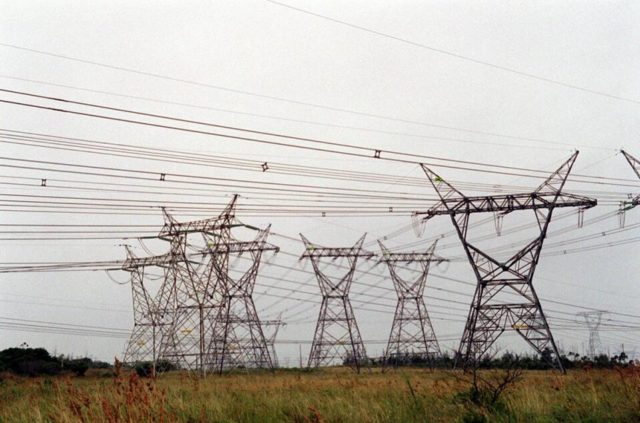A washing machine’s energy efficiency was also typically measured based on energy used during its longer cycles, which is rarely used in practice.
Cape Town – During peak periods in South Africa, the residential sector can account for up to 35% of national electricity demand.
This is according to a recent study by the South African National Energy Development Institute (Sanedi), together with the Department of Mineral Resources and Energy and UCT.
The study assessed the impact of energy efficient appliances on electrical energy consumption in the residential sector in the country, while looking at possible future energy impacts for the sector.
“The residential sector can account for up to 35% of national electricity demand. With this in mind, by improving energy efficiency in the residential sector, we can contribute to reducing that evening peak demand,” Sanedi’s data and knowledge management project manager Teslim Yusuf said.
The study found that SA’s standards and labelling (S&L) programme had been effective in achieving meaningful savings in appliance energy consumption between 2015 and 2020. The highest energy savings were seen in refrigeration, by a hefty margin, especially in low- and middle-income homes.
“The S&L programme provides shoppers with information about the energy efficiency of an appliance with an easy-to-read label displayed on the front of the appliance,” Yusuf said.
The study also included a household survey using online panels and e-surveys conducted in partnership with the metros.
It found, the majority of households in the sample were on prepaid electricity meters, with reported spending on electricity varying widely, with a mean and median spending of R907 and R600 respectively.
The majority of households in all income groups were cooking one or more meals a day on an electric stove. Oven use by comparison is infrequent, with the majority of households using their oven less than three times a week, and with oven use being far less frequent in lower income households.
Of all households surveyed, 99% reported making use of a kettle for cooking or making hot drinks.
“While dishwashers are likely to be more energy efficient than hand-washing, this is only true for a fully loaded dishwasher. For most households, the dishwasher is likely to be part-loaded most of the time,” Yusuf said.
A washing machine’s energy efficiency was also typically measured based on energy used during its longer cycles, which is rarely used in practice. The more popular, shorter and convenient cycle times tend to be hotter and less energy efficient.
With regards to lighting efficiency, the study said few households used LEDs in 2020 which were more energy efficient than incandescent light bulbs and compact fluorescent lights (CFLs).
“Once again, consumer education is a clear priority. There is no doubt that energy efficiency must be considered at the individual level, if we are to achieve our country’s energy efficiency targets,” Yusuf said.
Cape Times








